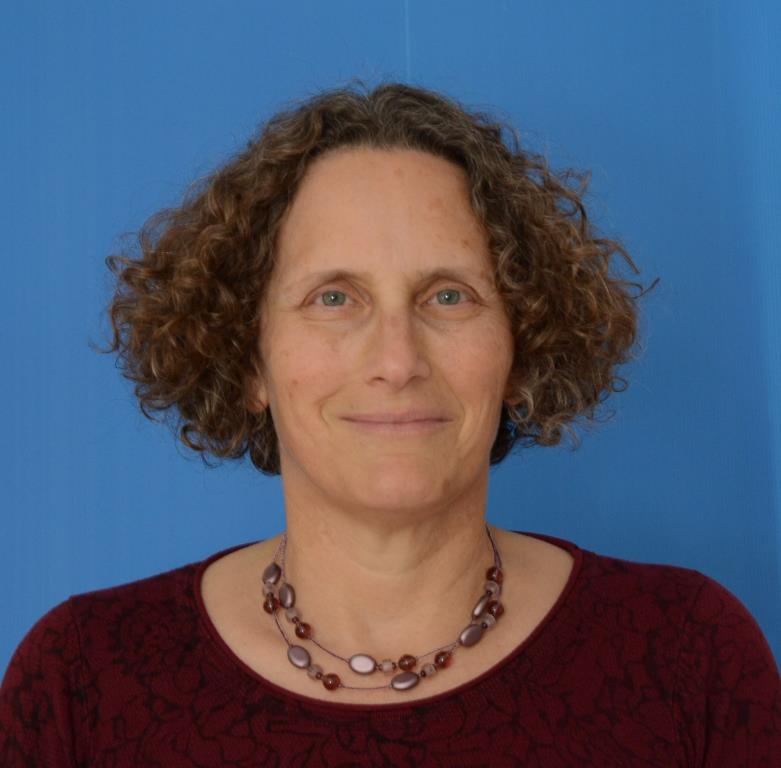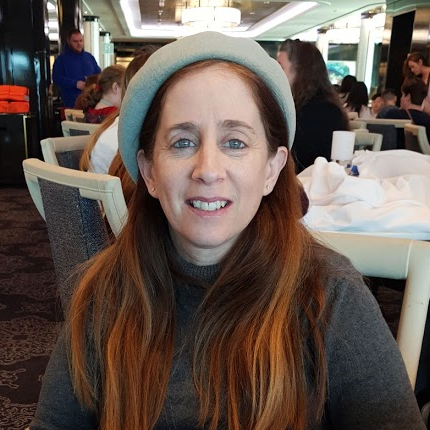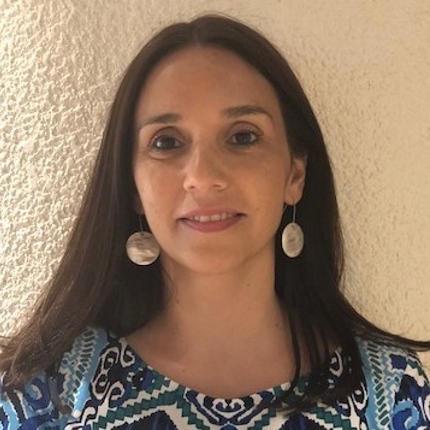website: https://www1.biu.ac.il/indexE.php
 Established in 1955, Bar-Ilan University (BIU) is one of the largest institutions of higher education in Israel, located in Ramat Gan, part of the Tel Aviv metropolitan area, with a total undergraduate and graduate student enrollment of approximately 17,000, and a non-degree seeking cohort of more than 4,000. BIU has eight faculties including Engineering, Exact Sciences, Humanities, Jewish Studies, Law, Life Sciences, Medicine, and Social Sciences (including a School of Education) with more than 1,700 faculty members, and over 50 research centers, including an Impact Center for Multilingualism and Multiculturalism across the Lifespan (MultiLinC). BIU is the home of Bilingualism Matters Israel, that combines community-oriented activities such as teachers’ training on bilingualism in the classroom with research on students’ awareness and attitudes towards multilingualism and multiculturalism in society at large and on campus in particular in an interdisciplinary manner.
Established in 1955, Bar-Ilan University (BIU) is one of the largest institutions of higher education in Israel, located in Ramat Gan, part of the Tel Aviv metropolitan area, with a total undergraduate and graduate student enrollment of approximately 17,000, and a non-degree seeking cohort of more than 4,000. BIU has eight faculties including Engineering, Exact Sciences, Humanities, Jewish Studies, Law, Life Sciences, Medicine, and Social Sciences (including a School of Education) with more than 1,700 faculty members, and over 50 research centers, including an Impact Center for Multilingualism and Multiculturalism across the Lifespan (MultiLinC). BIU is the home of Bilingualism Matters Israel, that combines community-oriented activities such as teachers’ training on bilingualism in the classroom with research on students’ awareness and attitudes towards multilingualism and multiculturalism in society at large and on campus in particular in an interdisciplinary manner.
Israel’s unique geographical and political situation creates fertile ground for the study of multilingualism and multiculturalism which results in unique expertise in teacher training and language professionals to work with bilingual children in the classroom. In Hebrew speaking schools, teachers need to accommodate children who are speakers of multiple home languages, from Russian, Ukrainian and Polish to Tigrinya and Sudanese, reflecting the geographical proximity to countries from which many of the migrants /refugees to central Europe originate. In Arabic speaking schools, teachers need to cope with the bilingual properties of the Arabic diglossia, alongside the introduction of both Hebrew, the societal language, and English, as lingua franca, in the first years of elementary school, and all this in a context in which the different languages have different roles and prestige for the speakers and society.
BIU diverse linguistic tradition and relevant academic expertise in the study of children and adults from migrant cohorts creates fertile ground for examining the contribution of multilingualism and multicultural contact in the development of heritage languages, in an understanding of language acquisition and learning processes, language loss, identity and language use across the lifespan, in language impairments, in the languages of children, as well as in cognition and perception in general. These aspects of multilingualism are relevant in creating the opportunity to further explore possible advantages of multilingualism, as well as pressing social and clinical problems.

Prof. Sharon Armon-Lotem
email: sharon.armonlotem@gmail.com
Prof. Armon-Lotem is a researcher at the Gonda Multidisciplinary Brain Research Centre and the department of English Literature and Linguistics. She studies language acquisition by monolingual and bilingual children with typical language development and with specific language impairment (SLI). Her research combines linguistic (including lexical knowledge, morpho-syntax and narratives) and cognitive (including memory and executive functions) perspectives on the characteristics of language impairment and bilingualism in preschool and early school-age children. She coordination COST Action IS0804 “Language Impairment in a Multilingual Society: Linguistic Patterns and the Road to Assessment” which built a cross European research network and yielded a battery for Language Impairment Testing in Multilingual Settings (LITMuS). Her research (funded by multiple national and international grants) has a scientific impact on our understanding of how language is represented and processed in the different populations, and a societal impact in providing speech therapists with research-based tools for assessing SLI among bilingual children in migrant communities. The knowledge and experience accumulated within these research projects served her in designing and teaching courses on typical and atypical bilingual development for both teachers and Speech and Language Therapists. Moreover, together with Dr. Altman she leads Bilingualism Matters Israel Bilingualism and Bar-Ilan Impact Center for Multilingualism and Multiculturalism across the Lifespan (MultiLinC).

Dr. Keren Goldfard
Dr. Goldfrad is the director of the Teaching Enhancement Center at Bar-Ilan University, which is charged with promoting excellence in teaching and assisting faculty with individual consultations and workshops for the purpose of enhancing learning, and is involved in curriculum and pedagogical development in many departments at BIU. This is in addition to her position as the Head of the EFL Unit where she has been teaching English since 1993. Goldfrad has served as the E-learning coordinator of the department since 2002, training and supporting faculty in using innovative instructional technologies. As part of her attempt to extend technology-mediated learning experiences into the daily classroom activities, she coordinated international e-learning projects between her students and other university students around the world. Goldfrad is a member of Bilingualism Matters Israel and had a leading role in a recent students’ survey on awareness of and attitudes towards bilingualism on campus and society within the university’s multidisciplinary research group surveying linguistic, cognitive and societal aspects in the study of bilingualism in Israel.

Dr. Carmit Altman
email: carmit.altman@biu.ac.il
Dr. Altman is a researcher at the School of Education at the Child Development and School Counseling Programmes. Her research, funded by grants from the Israel science Foundation and by the Ministry of Education, is grounded in psychology, sociology and education and focuses on language development in preschool bilingual children. Altman brings expertise in bilingualism, sociolinguistics and quantitative and qualitative psycholinguistic measures for children with TLD and DLD. Specifically, she works on construction of assessment tools for screening preschool children’s early language development and assessing narrative abilities in children and adults in relation to their sociolinguistic identity. As a member of the School of Education she has been introducing both teachers in training and teachers who are returning for further education to various aspects of bilingualism in courses that expose the target population to different facets of bilingualism in society at large and the classroom in particular. Her research contributes to preschool teachers, parents and families coping with language impairments in preschool children. Altman is a co-director of Bilingualism Matters Israel and Bar Ilan Impact Center for Multilingualism and Multiculturalism across the Lifespan (MultiLinC).